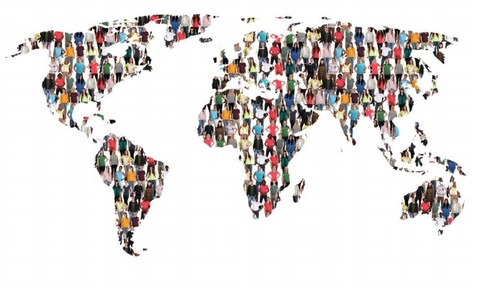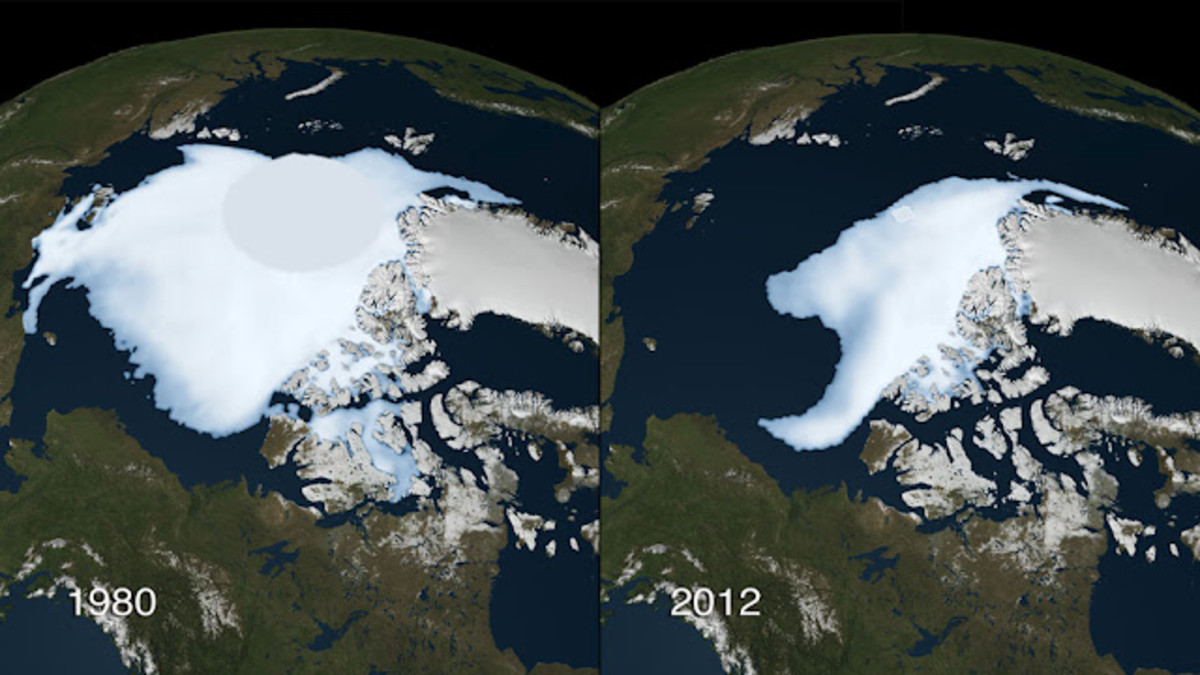Evaluating and Comparing the Effects of Climate Change
Climate change is a complex issue caused by an increase in greenhouse gases causing the enhanced greenhouse effect. There are multiple effects links with this including extreme weather events, unpredictable climate and rising sea levels. These effects have caused humans to have to adapt and change the way we live.
Migration is described as the movement of people within a country and between countries and is one the the impacts of climate change. This can be seen in places like Bangladesh. In Bangladesh, over 20 million people live at or nearby the water line. With climate change causing sea levels to rise, people are being forced to migrate as their homes and land are slowly being submerged underwater. This has caused many people to make the hard decision and migrate to the capital of Bangladesh, Dhaka. This has further caused other problems in the already overpopulated capital as it does not have the infrastructure or the capitol necessary needed to support this influx of people. People are forced to live in poorly ventilated slums where there is poor sanitation and contaminated water supply which leads to further health complications. As we can see, migration is an truly destabilising impact of climate change which can cause severe strain on a countries economy especially lower income countries like Bangladesh.

Climate change has also affected the weather and has caused weather patterns to be disrupted. This has caused an impact on peoples health. For example, Canadian Inuits located in the far north of Canada are experiencing an increase in anxiety, depression and suicide as well as an increase in drug and alcohol abuse. The land that they have grown up on and is a large part of there culture is slowly being lost to climate change. These indigenous people feel connected to their land and the change in their climate is causing severe mental health issues. Climate change is also causing physical health issues such as the people in Bangladesh where the rising sea levels are causing groundwater contamination. The increased salt in the water has already caused several wells to become unsuitable for human consumption and the increase salt has caused health complications such as high blood pressure or stroke and cardio vascular disease.
However, another problem caused by climate change is the change and disruption of traditional industry because of a change in climate. While European countries may benefit from longer growing seasons and increased crop yields from warmer growing season, other places may have their crop industry dry up as their is not enough rain or too much rain that it causes flooding. For example, Switzerland is seeing a decline in its ski industry as the winter season is shorter and there is less snow cover. While some ski resorts have tries to diversify into other fields such as hiking or mountain biking, most seem to be heading downhill with not enough skiers to stave of bankruptcy. Lower altitude ski resorts are being affected first as the snow cover retreats further up each year. This will cause disruptions in local rural economies as some towns rely solely on their ski resorts as their main attraction and source of income. Towns will have to try to find new revenue streams to supplement their income or risk being left behind technologically.

While climate change may have severe impacts by changes in industry, they do pale in comparison with the effects on health or effects caused by migration. The widespread effects of migration and health can cause more destabilising effects on a countries economy as industries can change and adapt to the changes in climate and may even find a more profitable industry to transition into while detrimental effects on health or the effects of migration can cause strain on an economy as people are no longer able to care for themselves. Although the impacts may vary depending on the wealth of a country, as a wealthier country will have the resources and infrastructure to properly take care of the victims of climate change, poorer countries are likely to be the ones who suffer the most from the effects of climate change.
This content is accurate and true to the best of the author’s knowledge and is not meant to substitute for formal and individualized advice from a qualified professional.
© 2019 Genevieve Brooks








